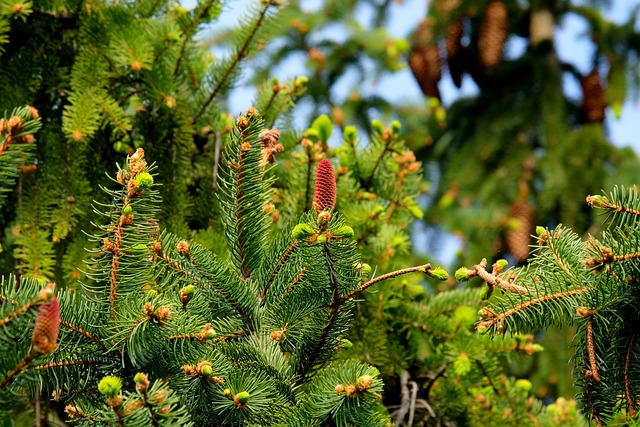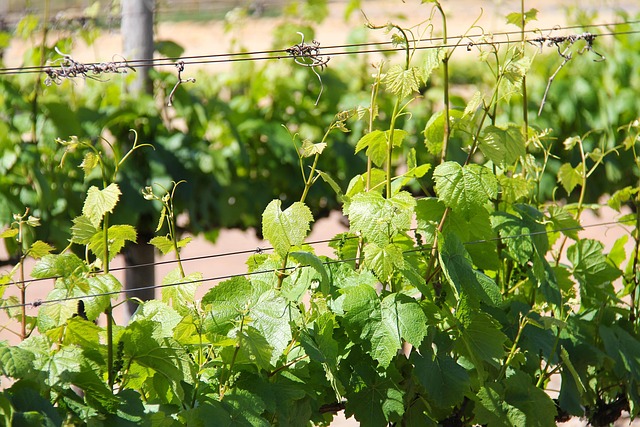As gardeners, we hold a unique responsibility to cultivate not just beautiful blooms and bountiful fruits, but also a thriving environment. Nature conservation is paramount, especially as we witness rapid environmental changes. By adopting eco-friendly practices, we can ensure that our gardens contribute positively to the planet while providing us with joy and sustenance. Here are ten simple yet effective tips to enhance nature conservation in your garden.
1. Start with Native Plants
Native plants are perfectly adapted to your local climate and soil. They require less water and are more resistant to pests, eliminating the need for harmful pesticides. By inviting these plants into your garden, you create a habitat for local wildlife, promoting biodiversity.
2. Composting
Transforming kitchen scraps and yard waste into nutrient-rich compost is a fantastic way to reduce landfill waste while enriching your garden soil. Composting not only contributes to healthier plants but also decreases the reliance on chemical fertilizers.
3. Rainwater Harvesting
Installing a rain barrel allows you to collect and reuse rainwater for your plants. This not only conserves water but also reduces runoff and erosion. Using rainwater is a sustainable choice that benefits both your garden and the environment.
4. Practice Crop Rotation
Rotating crops prevents nutrient depletion and reduces the risk of disease among plants. This ancient practice supports soil health and enhances eco-friendliness in your vegetable garden, promoting better yields without heavy chemical inputs.
5. Create a Wildlife Habitat
Incorporate birdhouses, bee hotels, and butterfly gardens to attract and support local wildlife. These structures and plantings provide essential shelter and food sources, contributing to nature conservation and maintaining ecosystem balance.
6. Avoid Chemical Pesticides
Instead of chemical pesticides, explore natural alternatives like neem oil or insecticidal soap. Integrated pest management practices allow you to tackle pest issues while minimizing harm to beneficial insects and the wider environment.
7. Use Mulch Wisely
Mulching conserves moisture, regulates soil temperature, and suppresses weeds. Using organic mulches like wood chips or straw not only enriches the soil as they decompose, but also provides a cozy place for beneficial organisms.
8. Go Paperless with Your Garden Plans
Embrace technology by using apps for planting schedules, garden designs, and tracking plant growth. By reducing paper use, you promote a greener approach to gardening while bringing efficiency to your gardening habits.
9. Choose Eco-Friendly Garden Tools
Invest in durable, high-quality tools that last longer and require less maintenance. Opt for tools made from sustainable materials, and practice proper care to ensure they have a long lifespan, further reducing your ecological footprint.
10. Educate Yourself and Others
Stay informed about nature conservation and sustainable gardening practices. Participate in local gardening clubs or online forums to share ideas and learn from others. By fostering a community of like-minded individuals, you amplify the impact of eco-friendly gardening.
Every small step counts in the larger journey towards environmental stewardship. By integrating these eco-friendly tips into your gardening practices, you not only cultivate a vibrant garden but also make a meaningful contribution to nature conservation. Embrace the beauty of nature while preserving its wonders for future generations.




